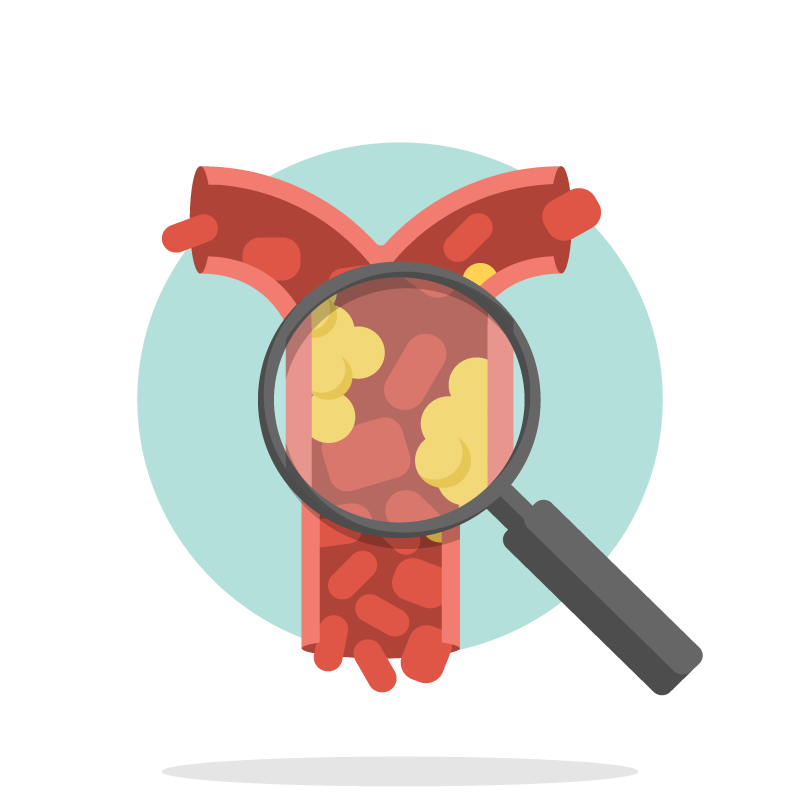QUICK SUMMARY
Why it's important: High cholesterol can increase your risk of a heart attack or stroke.
Who needs it: Everyone ages 40 to 75.
Good to know: LDL cholesterol is bad for your heart, but HDL is good.
What is cholesterol screening?
A simple blood test can check your levels of cholesterol, a type of fat in everyone's blood. Cholesterol is important for our bodies, but too much can cause problems.
A complete cholesterol test is also called a “lipid panel” or “lipid profile” because it looks at a variety of lipids (fats). It measures your total cholesterol, as well as different types of cholesterol, such as LDL (low-density lipoprotein or “bad” cholesterol) and HDL (high-density lipoprotein or “good” cholesterol). It'll also test for another type of fat called triglyceride.
Why is it important?
Cholesterol provides the raw material for the plaque that builds up inside the arteries (the blood vessels that carry oxygen-rich blood from the heart to other parts of the body). The amount of LDL cholesterol in your blood is a powerful predictor of heart disease.
If your LDL cholesterol is high, your doctor will most likely want you to try some ways to bring it down, like maintaining a healthy weight, exercising, quitting smoking, and choosing foods that are high in fiber and low in saturated fats. Your doctor may also want to you to take cholesterol-lowering medicines called statins, especially if you’ve already had a heart attack or stroke, if you have certain risk factors for developing heart disease, or if your LDL cholesterol is 190 mg/dL or higher.
Who needs it?
Experts recommend cholesterol screening every five years for adults ages 40 to 75, perhaps earlier or more frequently for those with an elevated risk of heart disease.
What to expect
A cholesterol test uses a small amount of blood drawn with a needle. Your doctor can order a “fasting” test, done on an empty stomach (generally no food for nine to 12 hours), or a non-fasting one that can be done anytime.
Good to know
Keep in mind that high cholesterol is just one risk factor for heart disease. Doctors use a combination of factors — including behaviors like smoking and drinking alcohol, health conditions such as diabetes and high blood pressure, and your age and family history, as well as other factors — to get a full picture of your heart health and risk level.
Selected references
American Heart Association. Cholesterol 101: An Introduction. Last reviewed April 2017.
American College of Cardiology. 2018 ACC/AHA Guideline on the Management of Blood Cholesterol. Published November 2018.
Centers for Disease Control and Prevention. Cholesterol. Last reviewed January 2019.
U.S. Preventive Services Task Force (USPSTF). Statin Use for the Primary Prevention of Cardiovascular Disease in Adults: Preventive Medication. Last updated November 2016.





